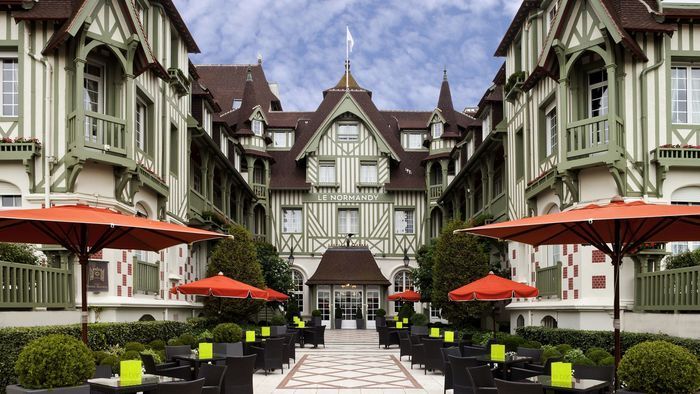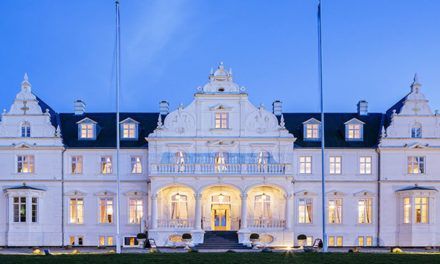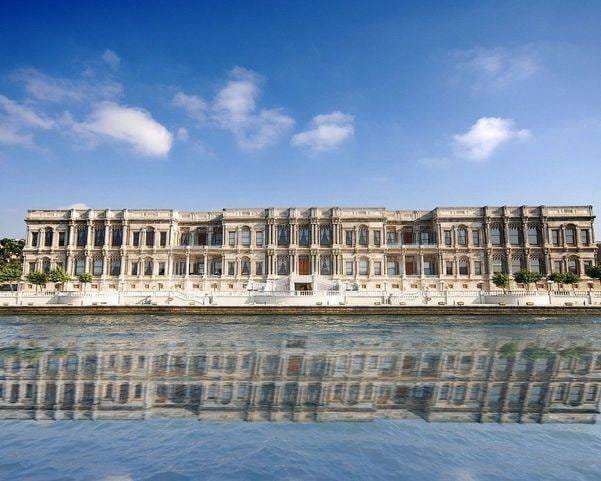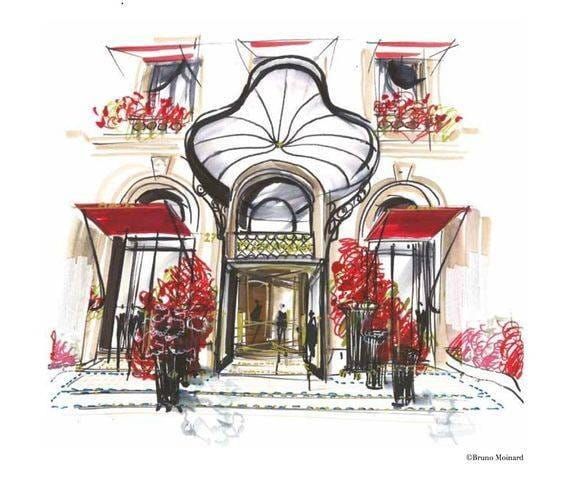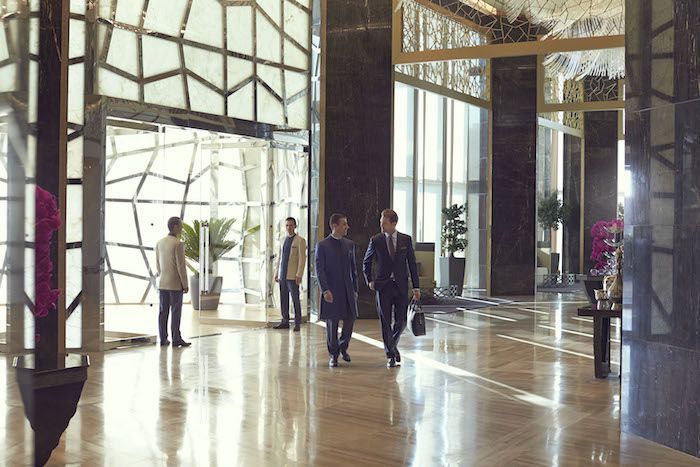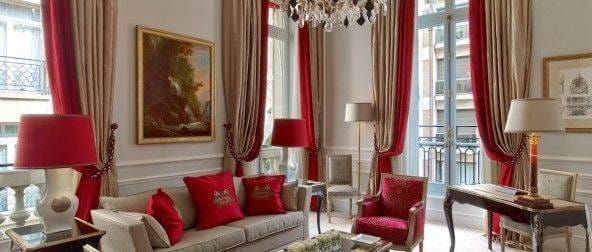French art of welcoming
Over the course of the centuries, France-with its rich history, traditions, and taste for magnificence—has developed an architectural expertise within hotels that has allowed it to cultivate its art of welcoming. What is your own definition or view of this French art of welcoming? What characterizes it? What influences do you bring to it?
France maintains a strong presence in her traditions, her gastronomy, art of living, and her taste for elegance and refinement. It is important not to lose this expertise, to preserve the wealth of our artisanship in the work of finishes and precious materials. It is important to remember, too, that France possesses this heritage because we have always known to adopt influences and welcome the best craftsmen from all over the world.
And so, it seems to me necessary today to seek out inspiration from abroad. These days, hotel architecture must configure itself in a global manner; there are some stunning hotel projects that are crafting themselves beyond our borders, whether in Asia, South America, or in Africa.
I take many inspirations from my various trips abroad, whether this be from Korean craftsmanship, the refinement of Japanese designs, or even from tropical architecture—everything has the potential to be a source of inspiration. The French art of welcoming must therefore evolve in its own turn to adapt to a culture that is growing increasingly global and world-conscious, and this goes just as well for design. France cannot afford to remain a prisoner to its own heritage. It must serve instead as a foundation and springboard if it wishes to maintain its status as a world- renowned hotel destination.
The art of welcoming in hotels is an international subject because it is something that is influenced by commercialization and the rules of merchandising, but also by the collective unconscious.
In France, you can be sure that we will add a touch of our culture in our way of welcoming.
Largely influenced by the human touch, I seek out, in the manner of an anthropologist, a historian, or a cook, the flavors to associate to a future hotel project without overlooking the fact that the hotel industry is fundamentally an international one—a fact we cannot afford to overlook.
Laurent Delporte, an editor and conference speaker, is a strategic expert in the sector of hotels. A visionary, he brings his unique look on hotels in service to the decision-makers in the industry, whether to enhance the development of new projects or strategic visions.
Laurent has visited and audited over 350 hotels across the world and also participates in mystery visits to provide quality control for the world’s finest hotels.


 HOME
HOME


